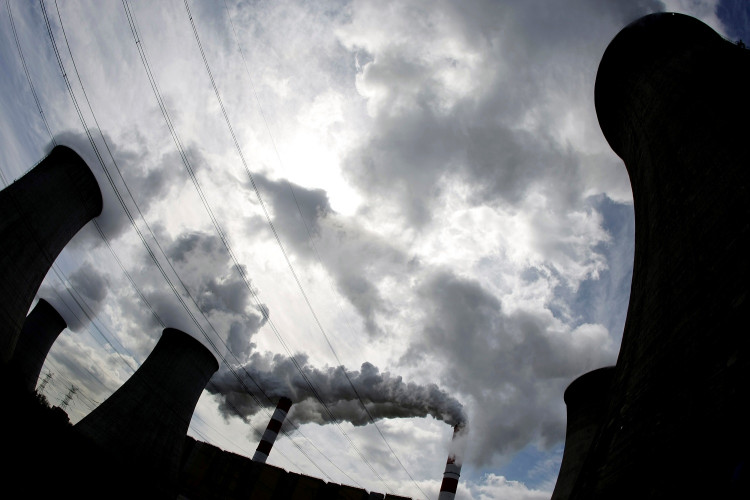Germany's climate change laws are inadequate and threaten fundamental freedoms by placing the burden of reducing greenhouse gas emissions on the young, according to the country's highest court.
It said that the law does not provide adequate information about how to reduce carbon emissions after current goals end in 2030.
The government will now have until the end of 2022 to revise the law.
The case was filed by nine climate activists with the help of many environmental organizations, including Friends of the Earth Germany and Fridays for Future.
They have criticized the law, claiming that it does not go far enough in reducing greenhouse gas emissions and limiting climate change. They say that the law violates the fundamental right to a humane future because it does not curb climate change.
The concern centers on Germany's 2019 Climate Change Act, which allows the nation to reduce greenhouse gas emissions by 55% by 2030 compared with 1990 levels. It establishes upper limits for emissions in different industries over that period but does not set concrete goals in line with its longer-term aim of achieving greenhouse gas neutrality by 2050.
The court has now required the legislature to strike a balance between freedom for all and burdens faced by some.
According to a joint release from several environmental organizations, those involved in the case are praising the court's decision and the mandate it has created as a result.
Roda Verheyen, a lawyer for the young activists, lauded the judges for understanding the severity of the climate crisis and treating climate protection as a human right.
One of the plaintiffs in the case, German climate activist Luisa Neubauer of the Fridays for Future campaign, called the ruling a "huge win for the climate movement."
Other countries have also focused on climate change. In Poland, a draft agreement with trade unions was reached to close all of its coal mines by 2049 and organize severance payments for the tens of thousands of affected employees.
Last week, the U.S. hosted a virtual climate summit of 40 global leaders, with President Joe Biden pledging to cut carbon emissions by 50-52% below 2005 levels by the year 2030.






